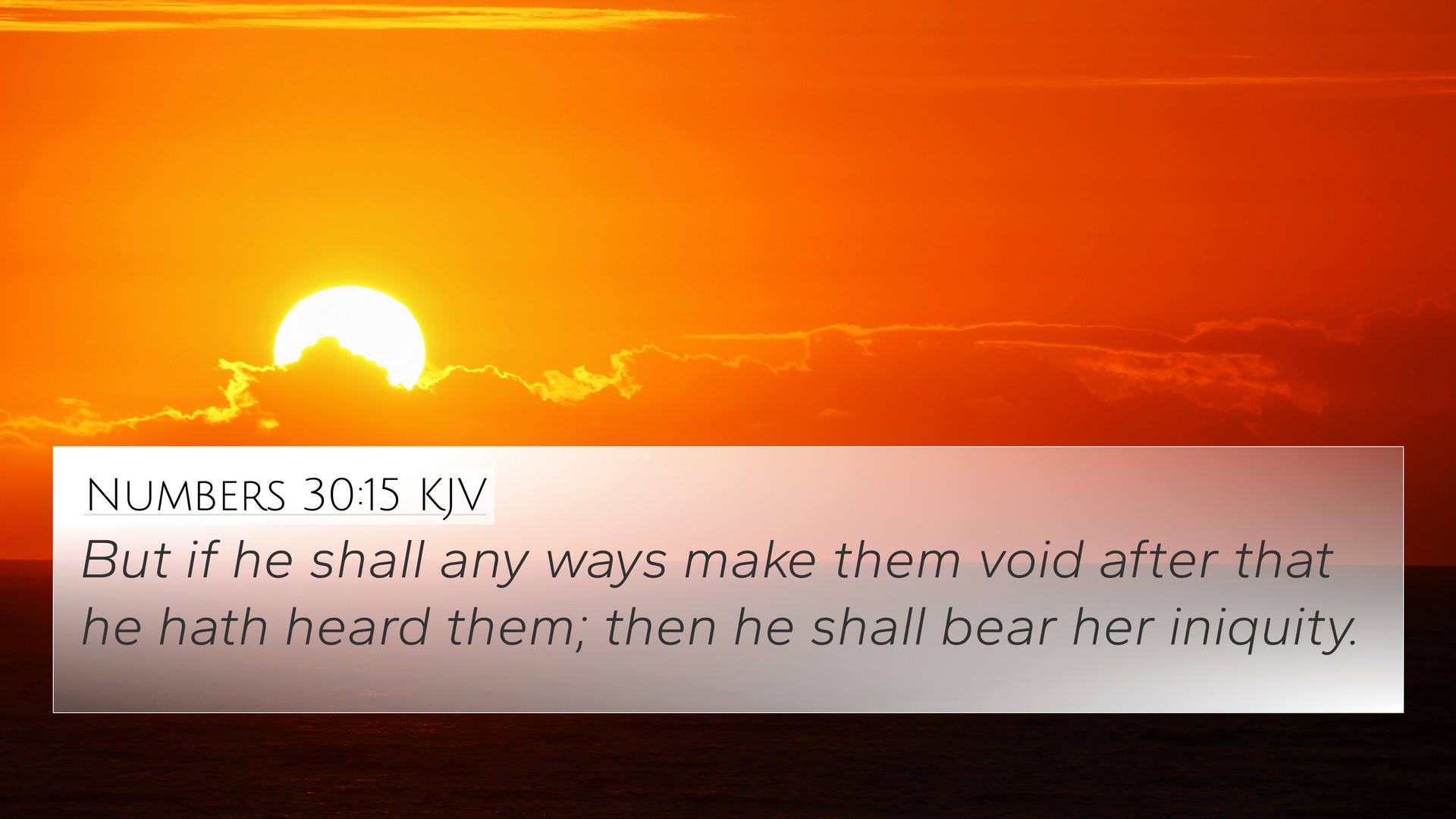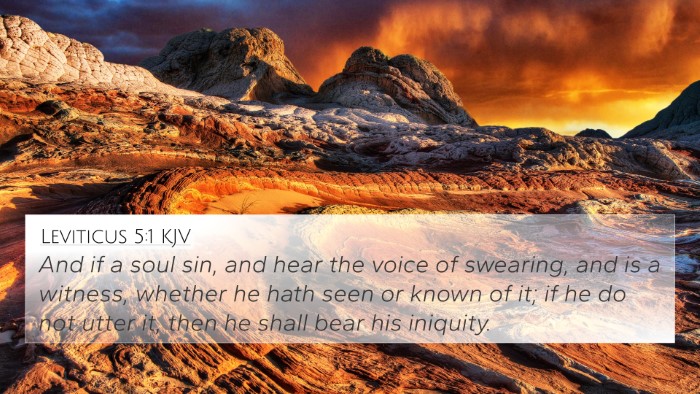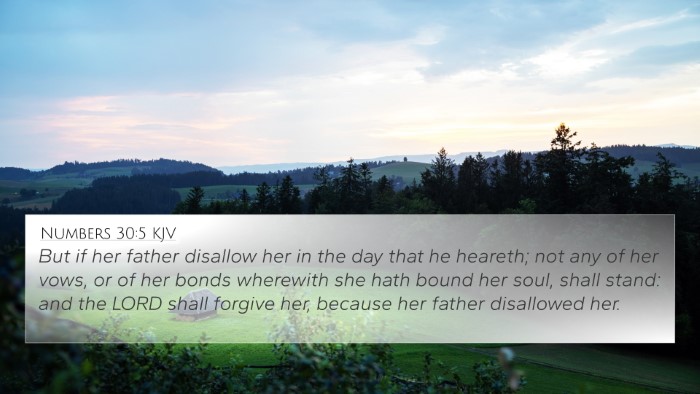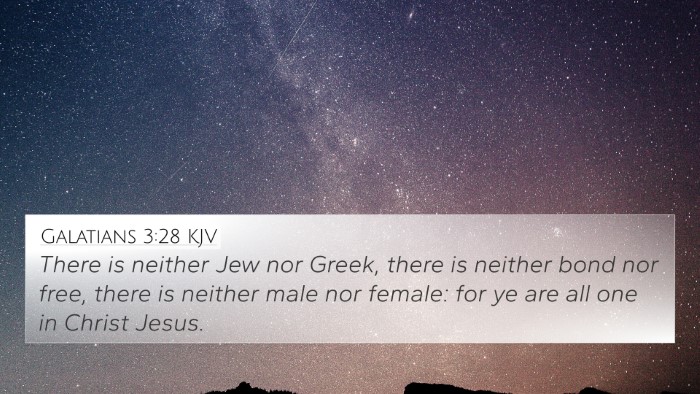Understanding Numbers 30:15
Verse: Numbers 30:15 - "But if he shall any ways make them void after that he hath heard them; then he shall bear her iniquity."
Summary of Meaning
This verse highlights the significance of vows made by individuals within the community, particularly focusing on the authority and responsibility associated with them. The verse outlines the consequences if a man frees his wife from her vows, thus emphasizing the weight of spoken promises and the moral obligations tied to them.
Insights from Commentaries
- Matthew Henry:
Henry suggests that this passage illustrates the gravity of oaths and vows. He emphasizes that these commitments should not be taken lightly, stressing that once heard and recognized, they hold a high standard of adherence.
- Albert Barnes:
Barnes notes the patriarchal context in which these instructions were given, commenting on the implications for women under such vows. He reflects on the accountability of both the husband and wife in matters of vows, highlighting the responsibility to maintain the integrity and sincerity of promises.
- Adam Clarke:
Clarke elaborates on the repercussions of annulling vows, indicating that a man who deliberately does so assumes the sin or guilt associated with the vow's violation. He underscores the moral implications of such actions, reinforcing the importance of fidelity to one’s word.
Thematic Connections & Biblical Cross-References
This verse connects with various themes throughout the Bible, particularly regarding the value of promises and the consequences of breaking vows. Below are notable cross-references related to Numbers 30:15:
- Proverbs 20:25: "It is a snare to a man to say rashly, ‘It is holy,’ and after the vows to make inquiry."
- Ecclesiastes 5:4-5: "When you make a vow to God, do not delay to fulfill it. He has no pleasure in fools; fulfill your vow."
- Matthew 5:33-37: Jesus speaks about the importance of not swearing falsely and the commitment to one's word.
- James 5:12: "But above all, my brethren, do not swear, either by heaven or by earth or with any other oath. But let your ‘Yes’ be ‘Yes,’ and your ‘No,’ ‘No,’ lest you fall into judgment."
- Romans 1:31: Discusses the consequences of unrighteousness, including failure to keep commitments.
- 2 Corinthians 1:17-20: Explains that God's promises come with certainty and must be upheld.
- 1 Samuel 1:17-28: Hannah’s vow to God exemplifies the seriousness of vows and fulfilling commitments.
- Psalms 76:11: "Make vows to the LORD your God, and pay them; Let all who are around Him bring presents to Him who ought to be feared."
- Matthew 23:16-22: Addresses the credibility of vows made by invoking God or His temple.
- Hebrews 6:16: Explains the significance of oaths in confirming commitments and their binding nature.
Tools for Understanding and Cross-Referencing
To further explore the connections between Bible verses, consider utilizing the following resources:
- Bible concordance - for locating verses by keywords.
- Bible cross-reference guide - to find related scriptures.
- Cross-reference Bible study methods - for deeper understanding.
- Bible reference resources - comprehensive tools for scripture study.
- Bible chain references - tracing themes and ideas through scriptures.
Conclusion
In reflecting upon Numbers 30:15, we recognize the inherent importance of vows and commitments made before God and others. The insights from various commentaries reinforce the biblical principle that integrity in one's word is paramount. By examining related verses, we can gain a holistic understanding of the implications tied to promises and the consequent moral responsibilities that ensue. This understanding can enhance our personal study and foster a deeper connection with the tenets of faith.







